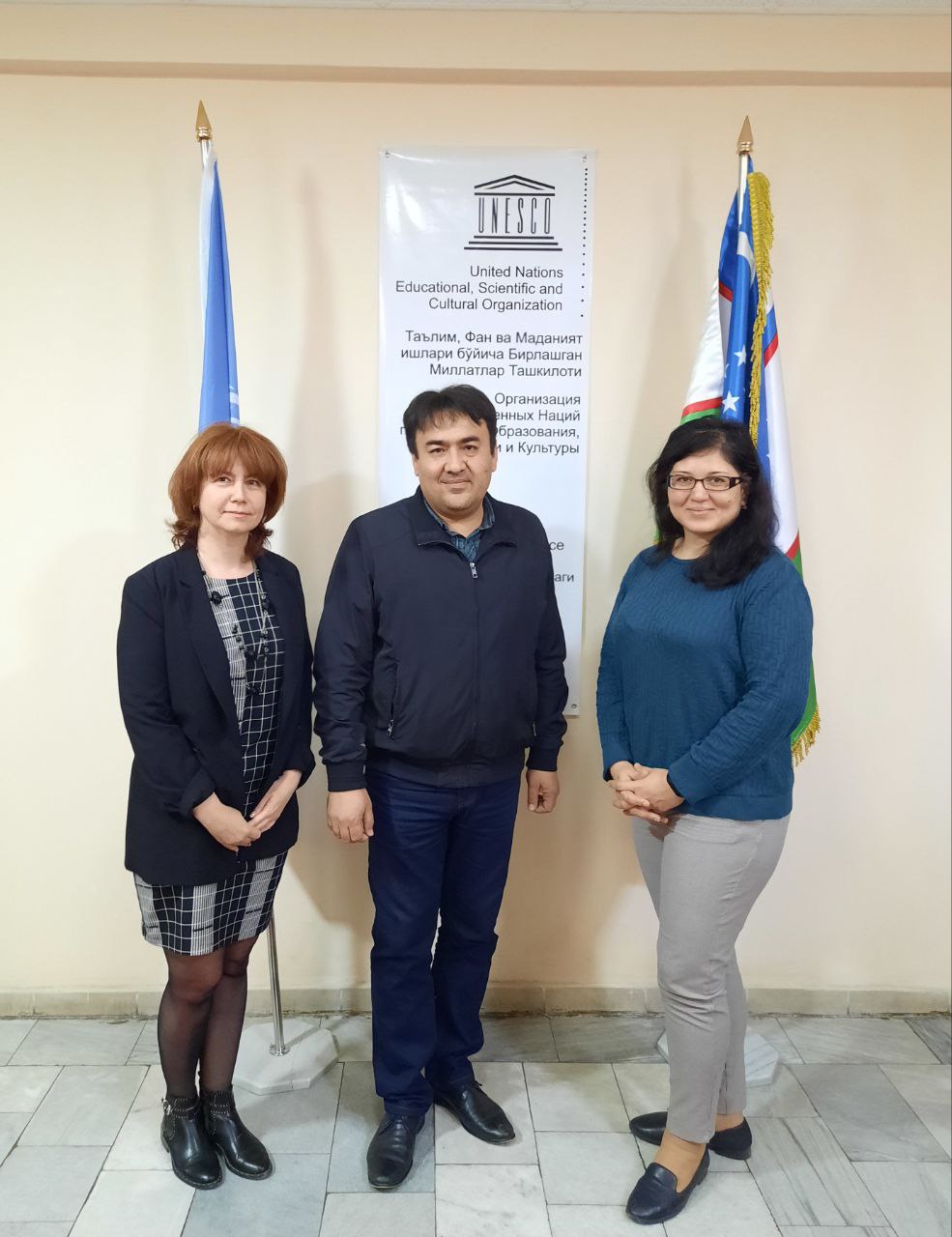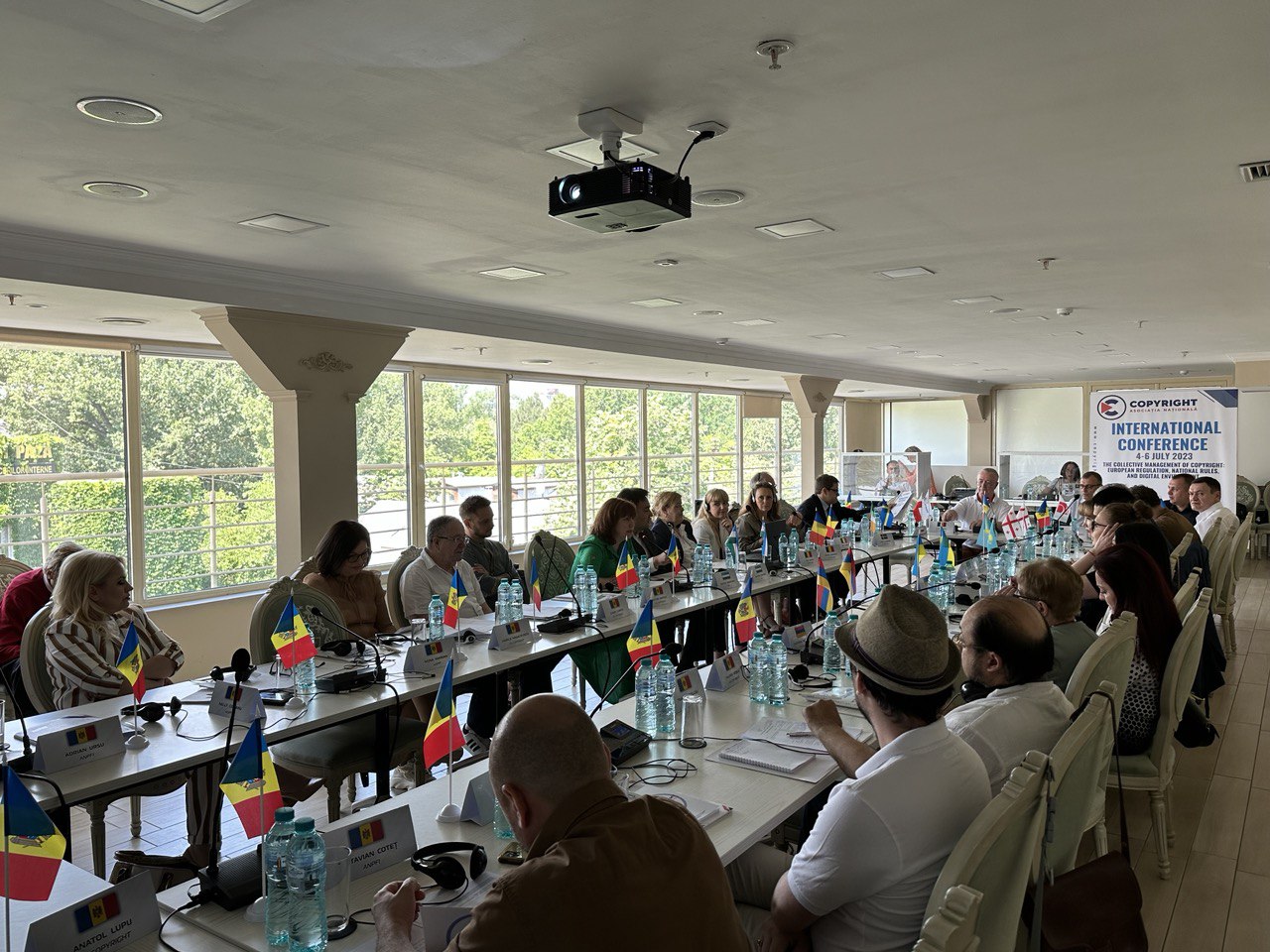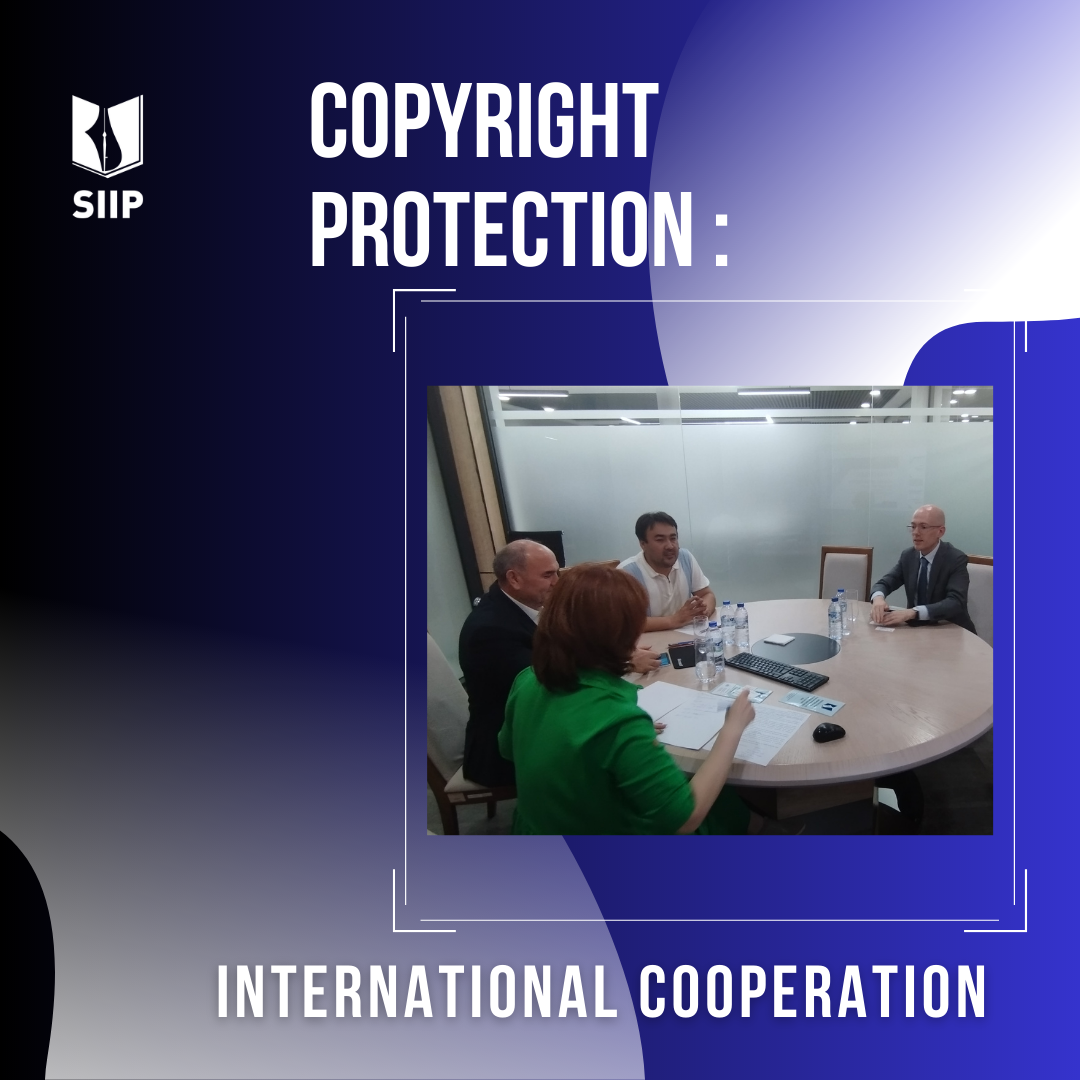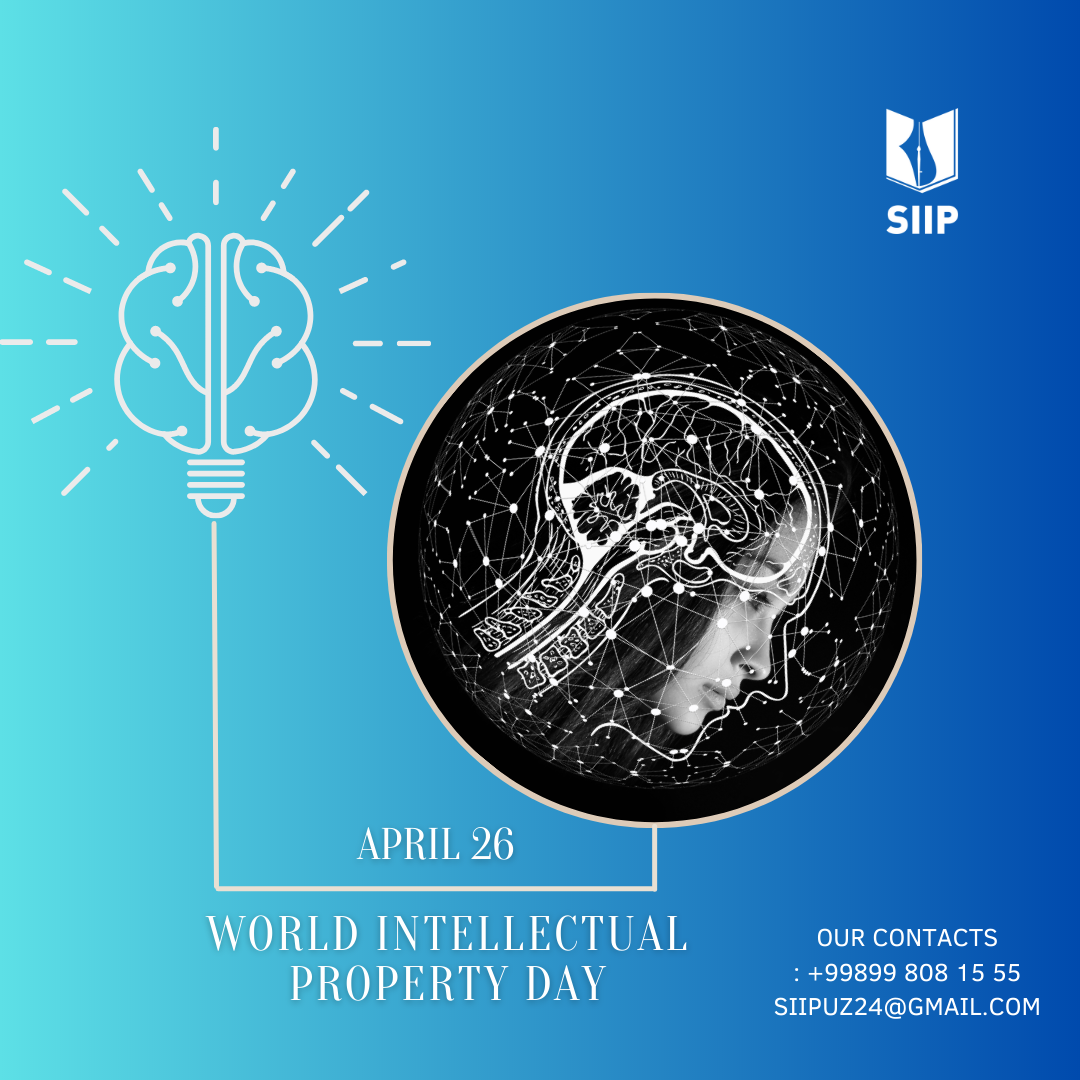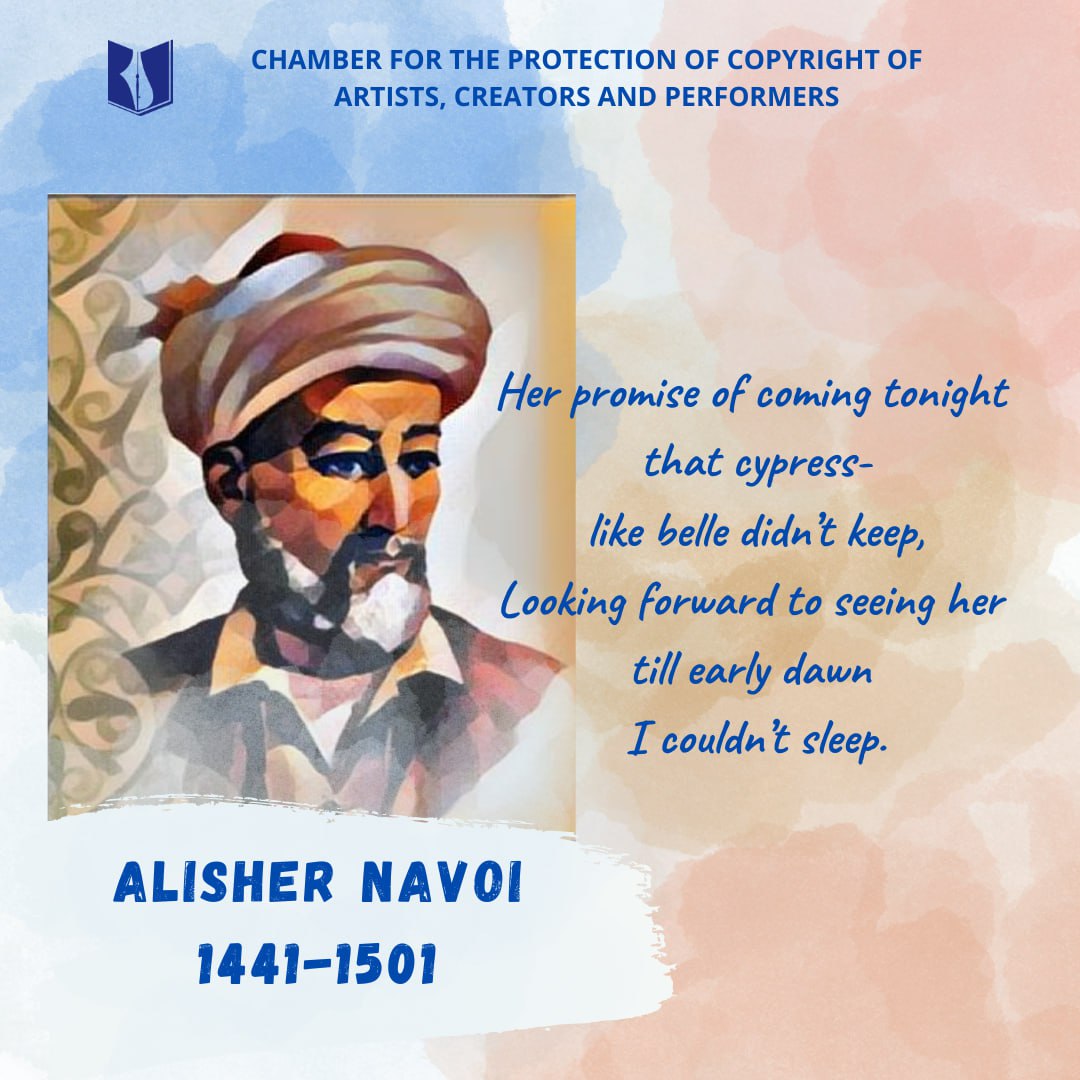COPYRIGHT INFRINGEMENT - THE PATH TO THE ABYSS
The international conference was held in Chisinau
(Moldova) on Collective management of copyright: European regulation, national
legislation, and the digital environment on July 4-7, 2023. The core goal of the
conference was the exchange of experience and the identification of priority
areas in the field of copyright and related rights.
In the conference, representatives of CISAC, WIPO, АN
“COPYRIGHT” (Moldova), ANFPI (Moldova), SCOC AB (Sweden), UACRR (Ukraine), GCA
(Georgia), ARMAUTHOR (Armenia), KAZAK (Kazakhstan), ZAIKS (Poland), Heaven 11
(Ireland), OAZA + OOA-S (Czech Republic), UCMR-ADA (Romania) and SIIP
(Uzbekistan) took participation.
Participants discussed a range of questions, such as
the issues of harmonization and unification of the system of copyright
protection, software solutions to support accurate collection and distribution
of royalties, IT solutions in the digital age, the importance of monitoring
programs, the development of general actions to implement the CISAC resolution
on providing successful protection to prevent from undermining sovereignty and
legitimacy of CISAC members.
Within the framework of the conference, the
participants have identified the core issues in the field of copyright
protection and related rights. The participants emphasized some CIS countries
actively used illegal content on television and radio. Despite the existing
legislation, representatives of the media sphere have a lack of interest to
enter in licensing agreements with organizations for the collective management
of authors rights (CMOs) and authors, and they try to circumvent the law On Copyright
and Related Rights in any possible way. They use content without the permission
of the authors, which causes moral and economic injury not only to the authors
but also to the country and its reputation on the international stage. Also,
both, users such as TV, radio, cafes, restaurants, shops, and specialists in
the field (lawyers, judges, etc.) have a lack of understanding of issues
related to copyright. In addition, participants highlighted the need to revise
the legislation in the field of copyright protection and modernize it with the
involvement of foreign specialists and practitioners.
Meeting with a representative of the U.S. Embassy
The Chamber for the Protection of Artists, Creators,
and Performers held a meeting with William Langley, Environment, Science,
Technology, and Health Officer of the U.S. Embassy in Tashkent. The objective
of the meeting was to discuss the protection of copyright and related rights in
Uzbekistan.
During the meeting, the Chairman of the Chamber,
Bobokul Toshev, presented the Chamber's activities, core mission, problems, and
prospects for copyright protection in Uzbekistan. Olesya Romashko, Head of the
International Relations and Media Department, presented the achieving results
in international cooperation and shared the organization's experience of
working with users to fulfill obligations under the Berne Convention for the
Protection of Literary and Artistic Works. Additionally, she spoke about the
work on increasing awareness in the field of copyright and related rights among
authors, specialists, and users.
The representative of the U.S. Embassy was interested
in issues of copyright compliance in Uzbekistan, legislation in this area, and
the possibilities of cooperation of the Chamber, both with local partners,
represented by relevant ministries and departments, and with foreign ones.
As a result, the parties agreed to hold additional
meetings on the main directions in copyright and related rights protection,
which ranged from the educational to the legislative field. Sides proposed to
continue the interaction for further fruitful cooperation.
Women and IP: Accelerating innovation and creativity
April 26 is International Intellectual Property Day. The theme for 2023 of the World Intellectual Property Organization (WIPO) is “Women and IP: Accelerating innovation and creativity”. The annual Intellectual Property Day is an opportunity to celebrate the importance of intellectual property rights as a catalyst for innovation and creativity. We often unnoticed this aspect, especially in relation to women.
Women play an important role in the field of intellectual property, and they often face barriers related to gender inequality. For example, it may be more difficult for women to access capital and resources to develop their ideas. Also, women may face discrimination in protecting their intellectual property.
Despite these challenges, women continue to be creative and contribute to the innovation economy. For example, research shows that companies where women are in high positions are more likely to develop innovative products. For example, STEMBoard, one of America's fastest growing companies, and LINGO, a computer technology in education company, are led by Aisha Bowe, who is also a rocket scientist. Hedy Lamarr was an actress and inventor also known as one of the first women to make a significant contribution to the field of intellectual property. She pioneered the technology and developed spectral division technology to help radio-controlled torpedoes find their target. This technology later became the basis for today’s WiFi and Bluetooth communication systems.
Moreover, women often develop innovative products and services that aim to solve social problems. They create products that improve people's lives and help the economic growth.
Bobokul Toshev, Chairman of the Chamber for Copyright Protection noted, women play an important role in the field of intellectual property and accelerate innovation and creativity. We must recognize and remove any barriers to gender inequality in order to ensure equal access to resources and opportunities for women in this area. In general, intellectual property must become even more inclusive to enable everyone, regardless of gender, race or social status, to contribute to the development of the economy and society. World Intellectual Property Day emphasizes the importance of protecting innovation and creative achievement.
Media Department of the
Chamber for the Protection of Copyrights of Artists, Artists and Performers
THE EIGHTH LUMINARY OF THE EAST
It happened today, February 9, but only 582 years ago.
А boy was born in the main center of Eastern culture, the city of Herat, he was
destined to become the founder of Uzbek literature.
He had interesting and progressive literary views
since his childhood. And when Alisher Navoi grew up, he made a significant
contribution not only to Uzbek literature but also to the art and architecture
of Central Asia. Today, the name of Alisher Navoi is on par with such famous
writers and poets as Shakespeare, Dante, Homer, and Pushkin. J. Ekman, the
Hungarian orientalist, underlined that Navoi was 'the Turkic-speaking ruler of
verbal wealth' (Chagatai Literature, 1959), and the German writer Alfred
Kurella named Navoi 'the eighth luminary of the East' (Zwischendurch.
Verstreute Essays 1934-1940, 1960).
Alisher Navoi's works are kept in libraries and
museums around the world, his legacy is studied by scientists, and thousands of
books have been published about his life. And if he were born now, his poetry
would be relevant and in demand.
According to the Law on Copyright and Related Rights,
the works of Alisher Navoi fell into the public domain, as the copyright has
expired. You can use them without a royalty fee; however, users must respect
moral rights, such as the right to be recognized as the author. And this means
that no one has the right to attribute authorship to him\her and publish the
works of Alisher Navoi under his\her name. Although the works of Alisher Navoi
have fallen into the public domain, Navoi’s collection of public domain works
is protected by copyright. The Chamber for the Protection of Copyrights of
Artists, Creators and Performers secures the moral rights as an authorized body
in Uzbekistan.
Poem A ghazal by Alisher Navoi (translator A’zam Abidov, http://azamabidov.uz/)
Copyritght and Photography
Today, some mistakenly believe
that if a non-professional took a photo using a camera phone or a regular
camera, then this work was not protected by copyright.
How many people take photos of
food or scenery and post them on their social media without realizing that
these photos might be copyrighted?
You know, any photography that
meets these three criteria is copyrighted:
- It must be the work of the author (original);
- It must be presented in any tangible form (digital,
printed; not just an idea told to someone);
- It is not Work-for-Hire.
The original, published even
on a personal page and without transferring copyright property rights to
another person, is protected by copyright law. What does it mean?
No one has the right to use
this photo, repost, or make changes without the author's permission, even if
this photo is on the author's page and, according to others, doesn't have
artistic value.
Anyone who wants to use this
photo must ask permission from the author. The author has the right:
- to permit of using this work to clarify where and
how he\she allows to use the photo;
- to prohibit the use of this work.
If the author gives a positive
answer, then the financial question is necessarily stipulated: will it be paid
or free?
If you didn't receive
permission but decided to use the photo, then be prepared to pay. The author
has the right to demand compensation, damages, and moral damage following
Article 65 of the Law of the Republic of Uzbekistan "On Copyright and Related
Rights," which states:
The author, owner of related rights, or another owner
of exclusive rights has the right to demand from the violator:
- Recognition rights;
- Restoration of the situation, which existed
before the violation of the right and the cessation of the acts violating
the right or creating the threat of its violation;
- Compensation for losses in the amount of unreceived
income, which the right holder would have received under normal conditions
of civil circulation if his/her right was not violated. If the violator
has received income as a result of the violation of copyright or related
rights, the rightsholders shall have the right to demand compensation
along with other losses of lost profits in the amount not less than these
profits;
- Payment of compensation in the amount of twenty
to one thousand base reference value instead of damages paid regardless of
the fact of infliction of losses, based on the nature of the violation and
the degree of fault of the violator, taking into account the custom of
business turnover;
- Take other measures stipulated by the Law related
to the protection rights established by this Law.
Bukhara Workshop Focuses on Core Issues of Copyright Protection
A recent workshop
on "Actual Issues of Copyright Protection" was held at the Bukhara
specialized art school. It gathered together representatives of culture and
copyright experts.
The workshop
refers to the legislative system in Uzbekistan and its implementation in life.
Bobokul Toshev, the Chairman of the Chamber for the Protection of Copyrights of
Artists, Creators and Performers, Professor and key speaker said, “the law ‘On
Copyright and Related Right’ has been in forced since 2006. Moreover,
Uzbekistan has ratified 5 Conventions in the field of copyright and related
rights.” He cited various laws in the field and emphasized that the President
of the Republic of Uzbekistan adopted Agreement ‘About cooperation of the State
Parties of the CIS on protection and protection of the rights to objects of
copyright and the related rights in information and telecommunication networks’
(November 12, 2021) on October 3, 2022.
He pointed out the
positive changes in the field. For example, the establishment of the Chamber
for the Protection of Copyrights of Artists, Creators and Performers. The
Chamber was established under Presidential Decree and it determined the Chamber
as the organization managing intellectual property rights on a collective
basis. The Chamber is an NGO designed to protect authors and right holders, to
help to further the interests of its members in the field of copyright
protection. The activities can range from protecting the economic and moral
rights of authors, to hosting various educational events for the betterment of
the members and increasing copyright visibility.
Despite the
positive changes, Mr Toshev underlined the challenges that continued to hamper
achievements. “We can observe several issues that infringe copyright. In
particular, the absence of contractual relations between performers and authors
or between users and authors, which leads to conflict situations.”
As B. Toshev
noted: “It is important to establish cooperation between state bodies and
non-governmental organizations in order to fulfill the international
obligations of our republic to respect copyright and related rights, increase
the international rating of our country in this area and improve its image.”
Sherali Juraev,
Head of the Department for Protection of Intellectual Property Rights of the
Department of Justice of the Bukhara Region, said “It is alarming that works
and phonograms are used by concert halls, shopping centers, public catering
establishments and other places without concluding an appropriate agreement
with the copyright holders or the organization managing their property rights.
A s a result of copyright infringement, authors and right holders do not
receive their royalties and performance fees. This is the reason why right
holders do not receive financial support, and the state budget does not receive
the corresponding tax deductions.”
In a session on
copyright protection focused on how to protect copyright, where to go and what
to do if authors’ rights are violated, as well as how to prevent copyright and
related rights infringement and how to confirm the existence of copyright.
Sh. Juraev said
that The Department sets regular on-site inspections to identify copyright
infringement, file a formal charge against a user that may lead to a civil
court, a fine and/or payment to the injured party.
B. Toshev,
Chairman of the Chamber emphasized that according to Article 1771 of the Code
of the Republic of Uzbekistan on Administrative Responsibility, officials and
individuals who use works without permission and a proper license agreement
face a fine. And a legal entity may lose the equipment that was used to
reproduce and distribute an author's work without a permission.

